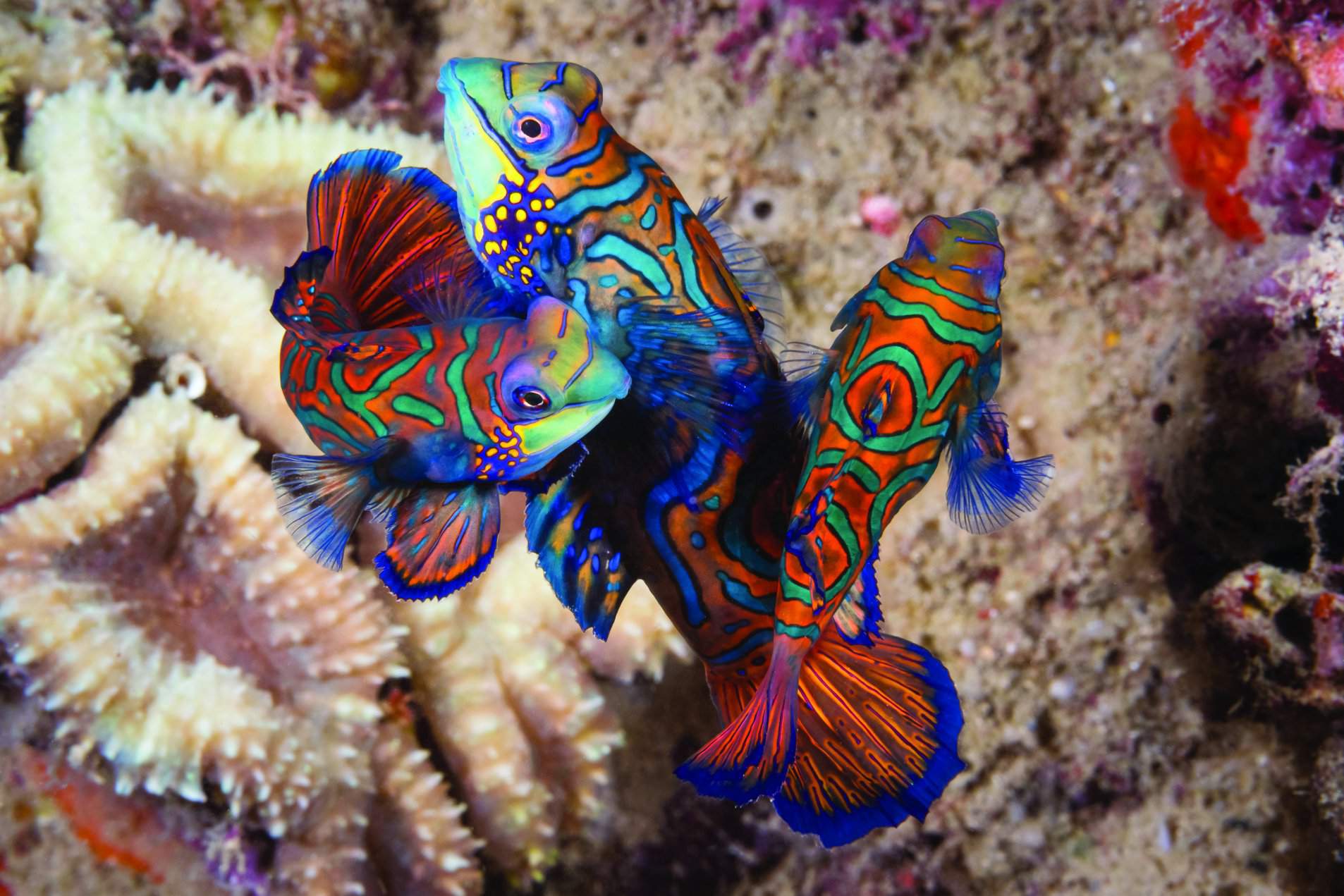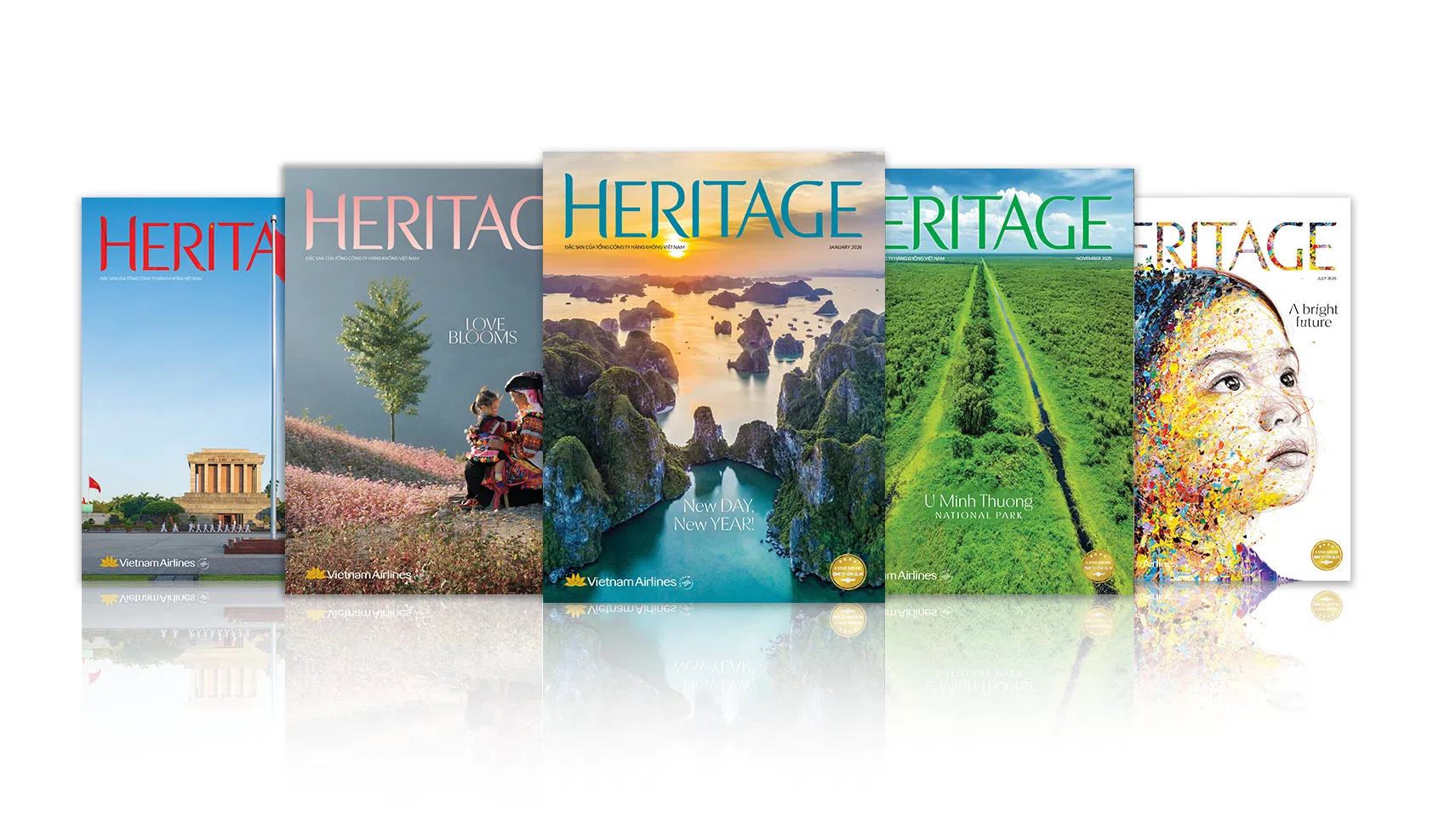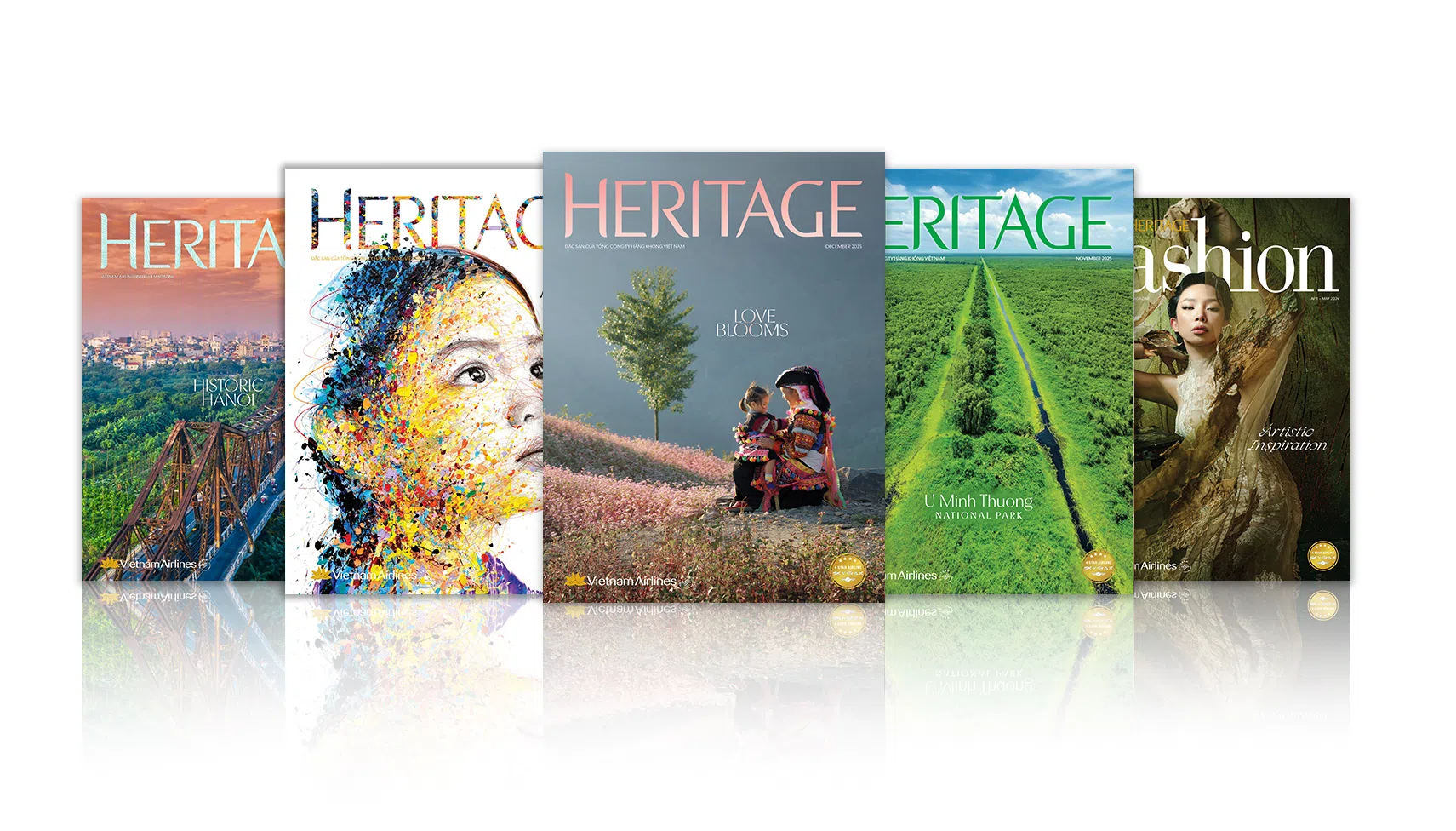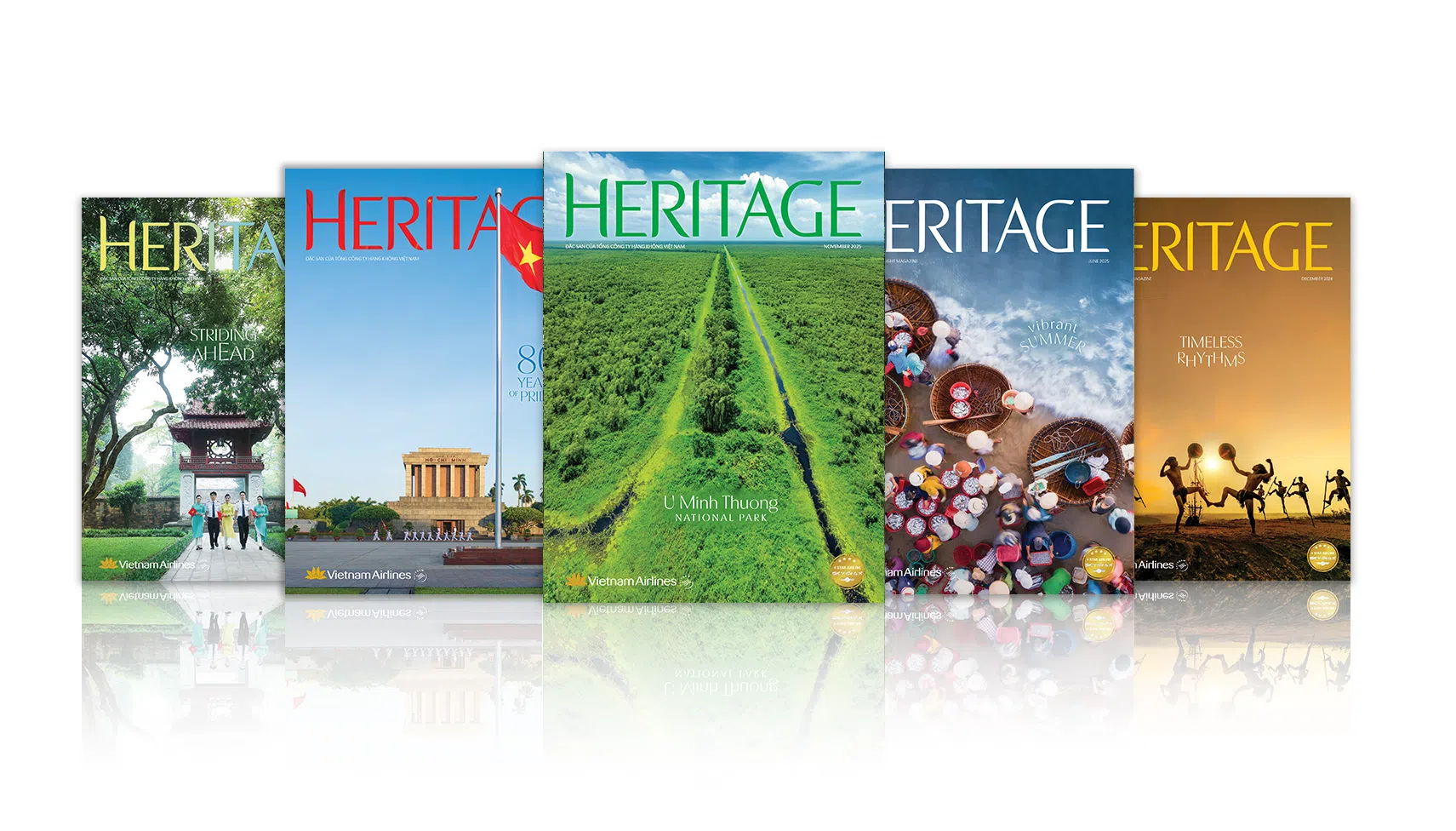Story: Hoang Phong
Southeast Asia is blessed with the highest density of coral and reef biodiversity in the world. The “coral triangle” between the Philippines, Indonesia and Papua New Guinea has more coral species than the rest of the world combined, leaving even the Caribbean and the Red Sea far behind.
Jacques Cousteau – renowned explorer and oceanographer and father of modern scuba diving – is said to have called Wakatobi “probably the finest diving site in the world” and an “underwater Nirvana.” Before a private airstrip was built, adventurous divers used to spend nearly a week on buses and ferries, island-hopping across Indonesia to get here. Many agree that the quality of the reefs here rivals the legendary Sipadan of Malaysia and Raja Ampat of Indonesia.
That Wakatobi still retains its pristine coral reefs is in no small part thanks to Wakatobi Resort on Tomea Island, which partnered with locals in protecting the marine environment. The resort’s founder is a Swiss diver who roamed the region in search of a perfect location on both land and sea.

The resort sponsored electricity, waste management and many other community projects for the local villages. In return, local people have agreed to honor a 3-kilometer reef sanctuary on their traditional fishing grounds, and patrol against harmful practices such as dynamite fishing, cyanide fishing and bottom trawling. About 100 locals also work for the resort full-time, taking care of travelers who have come from around the world to this far-flung outpost.
Wakatobi truly boasts a remarkable density and diversity of corals and marine life. Schooling pyramid butterflyfish and redtooth triggerfish blot out the sunlight, while every nook and cranny teems with preying moray eels, dozens of lobsters waiting for the night or napping sea turtles. Giant barrel sponges house fat boxfish as big as your head. Tiny juvenile angelfish and surgeonfish buzz about deerhorn corals.
As coral reefs around the world are being threatened by human activity, Wakatobi is a model for us all, shining proof that we can coexist peacefully with nature.










